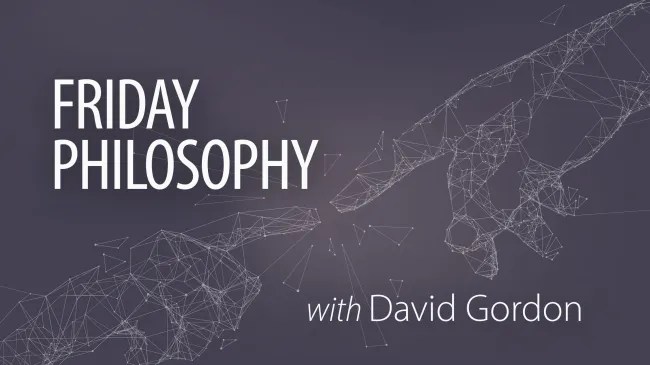Training Young Economists
Part of bringing up young children is to tell them stories and accounts about people who did the right thing, and how they made life better for themselves and others. We can do the same with describing economic concepts, which don‘t have to be dry and boring.










